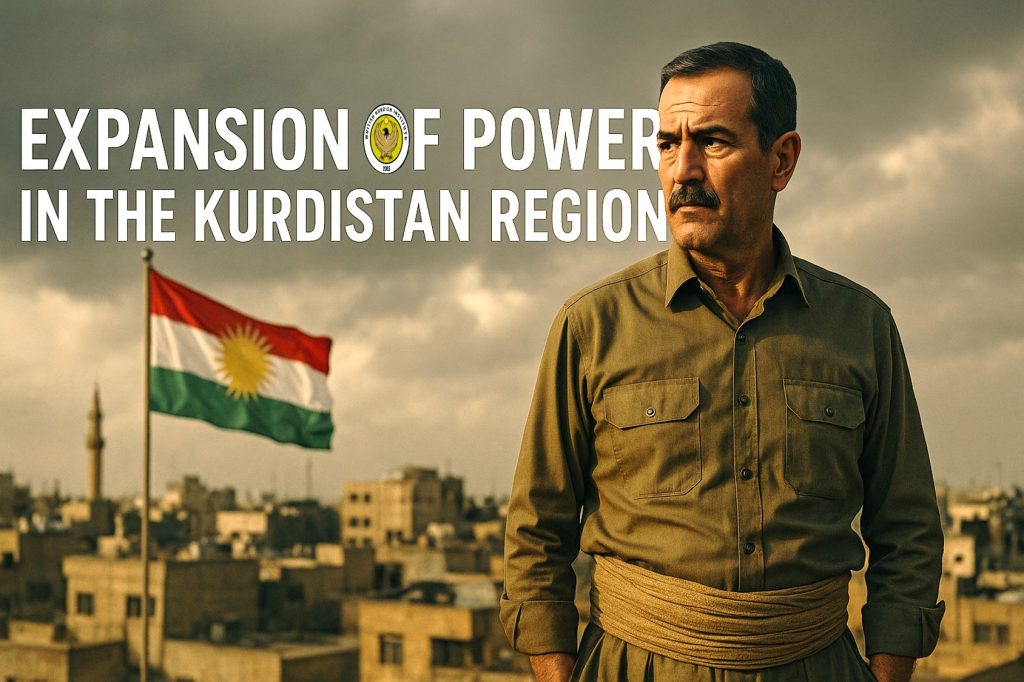One of my recent guests, an official from a local administrative unit, voiced deep frustration over the lack of authority within his office. When I asked about his main concern, he said: “The promised devolution of powers to administrative units in the Kurdistan Region has never reached us. Even something as small as replacing a resigned kindergarten employee becomes impossible. By the time we find a replacement, the entire garden is left neglected.”
As part of my program, Hiwa Jamal Day, I frequently visit cities across the Kurdistan Region. From a distance, the challenges may appear less pressing. But through face-to-face conversations with people and local officials, the shortcomings become undeniable. A recent example came from the director of tourism in Garmian, who explained how their office needed seven air-conditioning units just to survive the scorching summer. When their own units broke down, they had no budget to replace them and were forced to seek donations from outside supporters.
Legal Barriers to Decentralization
The Kurdistan Regional Government (KRG) Provincial Law No. 3 of 2009, though amended, was originally designed to grant certain powers to district directors, governors, and administrative officials. However, the law is riddled with restrictions and bureaucratic knots. Many powers are tied directly to the KRG’s annual budget law—which has not been properly implemented for years. This effectively suspends those powers, leaving local administrations powerless in areas such as staffing, hiring, and financial management.
A study conducted by researchers Aram Jamal, Choman Mohammed, Ahmad Ali, and Karwan Kazim found that there is no constitutional foundation for true decentralization in the Kurdistan Region. Instead of implementing clear laws, the system relies heavily on temporary decisions, executive orders, and administrative instructions—the weakest form of decentralized governance.
Centralized Structures in Practice
The structure of KRG ministries is designed with a centralist mindset. Most decisions are made at the top level rather than at the local level. This can be seen in everyday experiences: anyone visiting a government office is confronted with endless paperwork, stamps, and signatures just to complete a single task.
Even the push toward digitalization has revealed serious flaws. For example, one citizen explained how he had to personally carry a document from Sulaymaniyah to Erbil and then ensure it reached Baghdad. When asked why he didn’t rely on email, he replied: “If I wait for the ministry to process this electronically, it will take a month. By hand, I can complete it in just a few days.” Upon investigation, the problem turned out to be inefficiency: the staff member responsible for email processing sent only a handful of emails each day.
The Impact of Salary Delays
Another obstacle has emerged from chronic salary delays—often lasting more than 50 days each month. As a result, many offices are operating with a reduced workforce. A room that once had three employees now functions with only one, creating massive backlogs. This has especially harmed high-demand sectors such as municipalities, education, and transportation.
Why Decentralization Matters
These issues demonstrate a clear truth: centralized governance is choking efficiency and progress in the Kurdistan Region. If administrative powers were genuinely decentralized—allowing local offices to make timely decisions—many of these challenges could be solved quickly and effectively.
True reform requires not only new legislation but also the political will to implement real decentralization, empowering local governments to manage their own resources and respond to citizens’ needs without constant dependence on the central authority.









